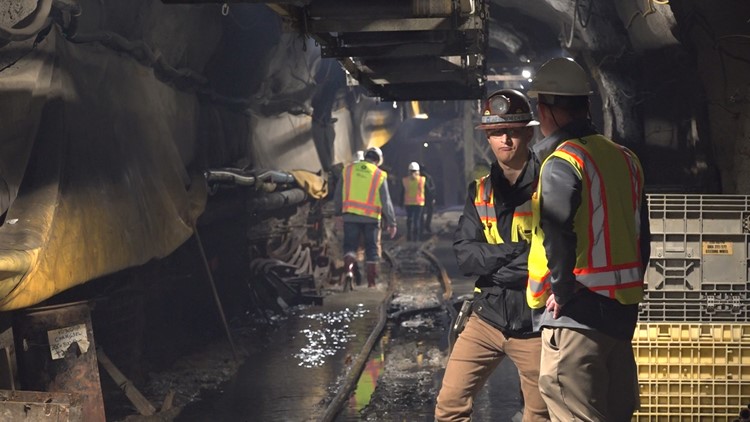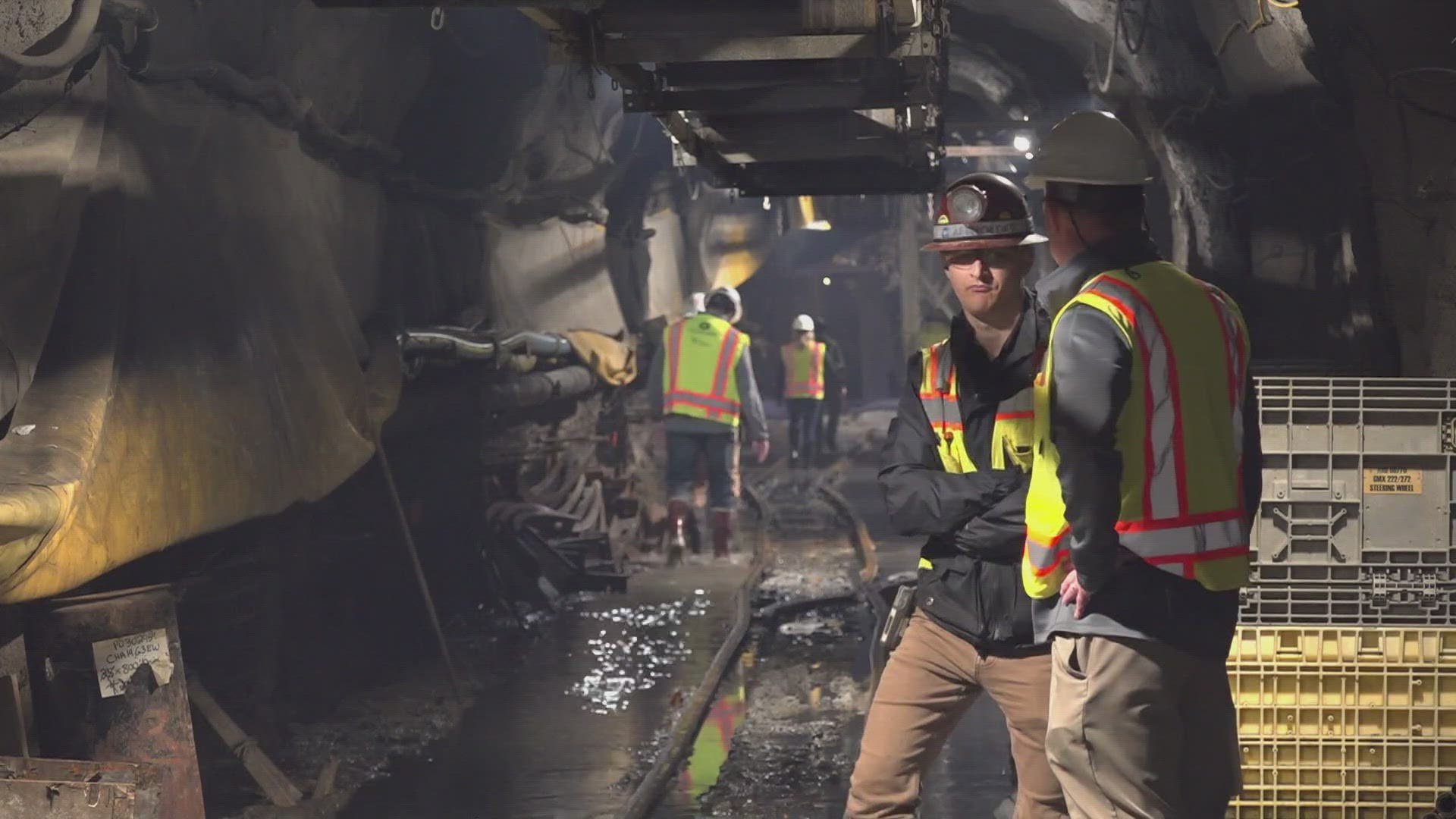ST. LOUIS — St. Louis and St. Louis County voters passed two different ballot propositions from the Metropolitan Sewer District on Tuesday during Missouri municipal elections.
One of the ballot issues raises taxes to overhaul the stormwater system.
The other decides how to pay for $750 million in wastewater improvements required by state and federal regulations.
This means the improvements will cut into voters' wallets no matter which box they check. Both required a simple majority to pass.
Proposition S creates the first St. Louis regional stormwater improvement fund. The fund would be funded by a residential property tax increase of 7.45 cents per $100 of assessed valuation and an additional charge for non-residential customers of $1.05 each month for every 1,000 square feet of surfaces they own that do not absorb stormwater such as parking lots.
MSD told 5 On Your Side it would cost taxpayers an estimated $25 per year.
Much of St. Louis' system for managing stormwater is more than 100 years old, including hundreds of miles of sewers built before 1890. There is currently no funding to address known flooding and erosion problems across St. Louis and St. Louis County.
Over the next four years, MSD has $1.6 billion worth of improvement projects scheduled. It said 98% of that is required by either state or federal regulations.
MSD is working to reduce sewage overflows into local waterways with Proposition W.
"What Proposition W is about, it's not a question of whether to do that work," Sean Stone with MSD Project Clear said. "The work has to be done. It's a question of how we're going to pay for the work."
"If you take out a 30-year mortgage, your payments are going to be a lot more manageable, but it is going to cost you more," Stone said.
The proposition allows MSD to sell bonds to spread out the cost of the work, but it costs more in the long run.
Voting "no" supported paying more upfront in customers' monthly bills but costing less in the long run. The work already underway is partially funded by previous bond sales.
Monthly bills would rise approximately 7% annually under the proposition. If the proposition hadn't passed, monthly rate increases would rise much more steeply and jump by as much as 35% in each of the next two years.



